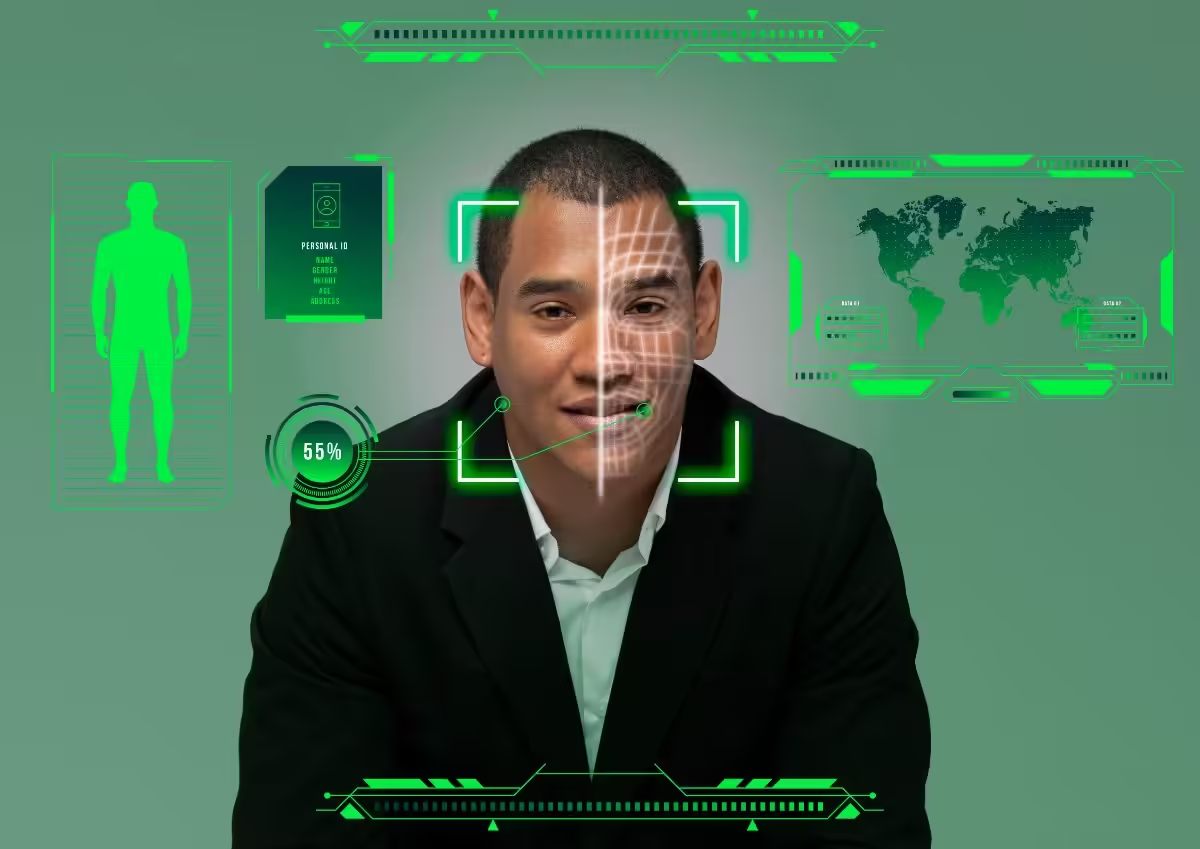Political rallies, a cornerstone of democratic expression, can sometimes be marred by unfortunate incidents of violence or unrest. In the aftermath of such events, the quest for truth and accountability becomes paramount. Enter AI-enhanced forensics, a game-changing technology that is revolutionizing how investigations into attacks at political rallies are conducted.
In this blog post, we’ll delve into the world of AI-powered forensic tools, exploring how they are not only expediting investigations but also enhancing safety measures at these crucial gatherings.
Recommended article:AI: The New Detective in Political Campaigns
How AI-Enhanced Forensics Works
At its core, AI-enhanced forensics leverages the power of artificial intelligence and machine learning algorithms to analyze vast amounts of data collected from various sources during a political rally. This data can include:
- Video footage: From CCTV cameras, drones, and even bystanders’ smartphones.
- Audio recordings: Capturing speeches, chants, and any potential incitements to violence.
- Social media posts: Monitoring online discussions and sentiments related to the rally.
Key Applications of AI-Enhanced Forensics
Facial Recognition and Identification
One of the most significant applications of AI in forensics is facial recognition. By comparing faces captured in video footage with existing databases, investigators can quickly identify individuals involved in altercations or illegal activities. This technology has proven instrumental in apprehending perpetrators and ensuring justice is served.
Crowd Analysis and Behavior Prediction
AI algorithms can analyze crowd behavior in real time, identifying patterns that may indicate potential threats or escalating tensions. This allows security personnel to take preemptive measures, such as dispersing crowds or deploying additional resources to high-risk areas.
Threat Detection and Anomaly Identification
By continuously monitoring video feeds and audio recordings, AI systems can detect anomalies like sudden movements, suspicious objects, or aggressive vocalizations. This early warning system can enable rapid response teams to intervene before situations escalate.
Evidence Collection and Analysis
AI-powered tools can sift through massive amounts of data, extracting relevant evidence like license plate numbers, clothing descriptions, or even specific phrases spoken by individuals. This streamlines the evidence collection process and strengthens the case against perpetrators.
Post-Incident Investigation and Reporting
After an incident, AI can assist in creating detailed reports, timelines, and visualizations of the events. This not only aids investigators in piecing together what happened but also provides valuable insights for improving security protocols in the future.
Ethical Considerations and Challenges
While the potential of AI-enhanced forensics is immense, it’s crucial to address ethical considerations and challenges. Privacy concerns, potential biases in algorithms, and the risk of misuse are all valid issues that must be carefully managed. Striking the right balance between security and individual liberties is an ongoing discussion.
Real-World Examples
- 2021 United States Capitol Attack: In the aftermath of this shocking event, AI-enhanced forensics played a crucial role in identifying participants and understanding the sequence of events.
- Protests and Demonstrations Worldwide: Law enforcement agencies are increasingly using AI to monitor large gatherings, assess risk levels, and respond effectively to potential threats.
The Future of AI-Enhanced Forensics
The future of AI-enhanced forensics is incredibly promising. As technology continues to advance, we can expect even more sophisticated tools that can analyze emotions, predict individual behavior, and provide even greater insights into crowd dynamics. This will undoubtedly further enhance the safety and security of political rallies and other public gatherings.
Conclusion
In conclusion, AI-enhanced forensics is a game-changer in the realm of investigations into attacks at political rallies. By harnessing the power of AI, we can achieve a higher level of accountability, deter potential wrongdoers, and ensure the safety of participants in these essential democratic events.
However, it’s imperative to approach this technology with caution, addressing ethical concerns and ensuring that it is used responsibly and transparently. As we move forward, the collaboration between law enforcement, AI experts, and policymakers will be crucial in shaping the future of AI-enhanced forensics and its impact on society.
For further information, you can visit:
- The National Institute of Justice’s Center for Forensic Science Research & Development: https://nij.ojp.gov/topics/forensics
- The Future of Life Institute’s AI Policy Page: https://futureoflife.org/resource/ai-policy/
FAQs
Is AI-enhanced forensics a replacement for traditional investigative methods?
- No, it’s a complementary tool that enhances the capabilities of investigators.
How accurate is facial recognition technology in crowded environments?
- Accuracy can vary, but it’s improving rapidly with advancements in AI.
What are the privacy implications of using AI for surveillance at rallies?
- This is a complex issue, and striking a balance between security and privacy is essential.
Can AI predict with certainty whether an individual will become violent?
- While AI can identify potential threats, it cannot predict individual behavior with absolute certainty.
Are there any legal restrictions on the use of AI in forensic investigations?
- Regulations vary by jurisdiction, and the legal landscape is still evolving.
How can the public be assured that AI is not being misused for political purposes?
- Transparency, accountability, and independent oversight are crucial.
What are the potential biases in AI algorithms used in forensics?
- Biases can exist, and it’s essential to address them through diverse training data and ongoing evaluation.
Can AI-enhanced forensics help prevent attacks before they happen?
- Yes, by identifying potential threats and allowing for preemptive measures.
What is the role of human experts in AI-enhanced forensic investigations?
- Human expertise is essential for interpreting AI-generated results and making informed decisions.
What are the next frontiers in AI-enhanced forensics?
- The development of even more sophisticated algorithms for analyzing emotions, predicting behavior, and ensuring greater transparency and accountability.
